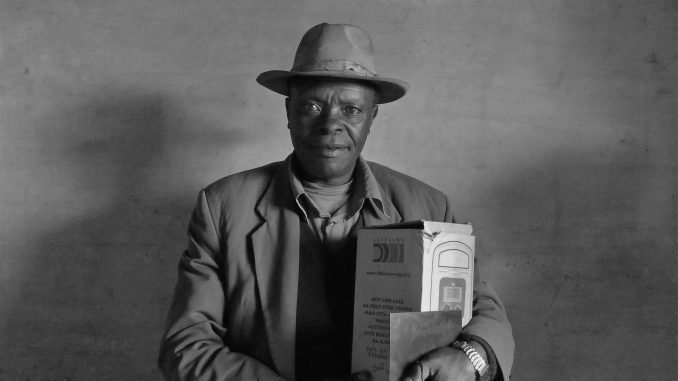
Milwaukee’s Anodyne Coffee supports nonprofit information outreach to developing countries, Radio Lifeline
PHOTOS COURTESY OF RADIO LIFELINE
Though it would seem just about everyone has access to global information these days, many coffee producers in East Africa still largely live off the grid, and not by choice. Anodyne Coffee Roasters ”the Milwaukee, Wis. roaster with three cafes, is helping to elevate that problem by committing financial support to Radio Lifeline, a Wisconsin-based nonprofit that provides smallholder farms with access to information and sustainable tools that can lead to improved lives and livelihoods in some of the most challenged coffee-growing regions in the world.
Specifically, Radio Lifeline has helps farmers address challenges through its Coffee Lifeline and Black Earth Projects.
The Coffee Lifeline project is a radio communications project that connects stakeholders across geographic, political and economic borders, providing a platform for the exchange of vital information that can help to increase crop yields, improve a family’s health and lead to more resilient producer communities.

The Black Earth Project is a research project designed to evaluate the effectiveness of biochar when used as a soil amendment by smallholder coffee farmers in Rwanda. Biochar is produced through a process called pyrolysis, or the burning of dried biomass in a low or zero oxygen environment. The process prevents combustion and the usual release of carbon dioxide, black carbon and other greenhouse gases associated with traditional charcoal production methods.

“Anodyne is proud to assist [Radio Lifeline executive director] Peter [Kettler] and his Coffee Lifeline and Black Earth Projects to make real and positive changes in the lives of coffee farmers in Africa,” says Anodyne founder Matt McClutchy. “Everyone here at Anodyne looks forward to many years of playing a part in the success of the Coffee Lifeline and the Black Earth Project.

Harvest data collected in July 2015 from coffee trees treated with applications of biochar demonstrated an average 35% increase in yield, with some cooperatives experiencing as much as a 70% increase. Input costs of biochar-treated trees were reduced by an average of 50%.
œWhen used as a soil amendment, biochar can increase crop yields, reduce nutrient leaching, help retain moisture, reduce soil acidity and improve surrounding water quality while significantly reducing the need for additional irrigation and fertilizer inputs,” says Peter Kettler, Radio Lifeline’s executive director. Biochar has increasingly been cited as an effective approach to carbon sequestration as it can remain stable in the soil for thousands of years ,

